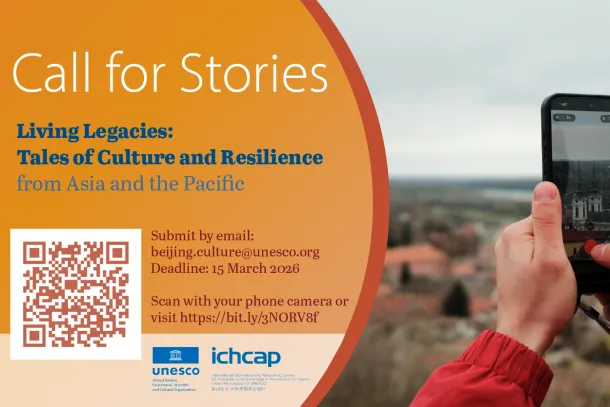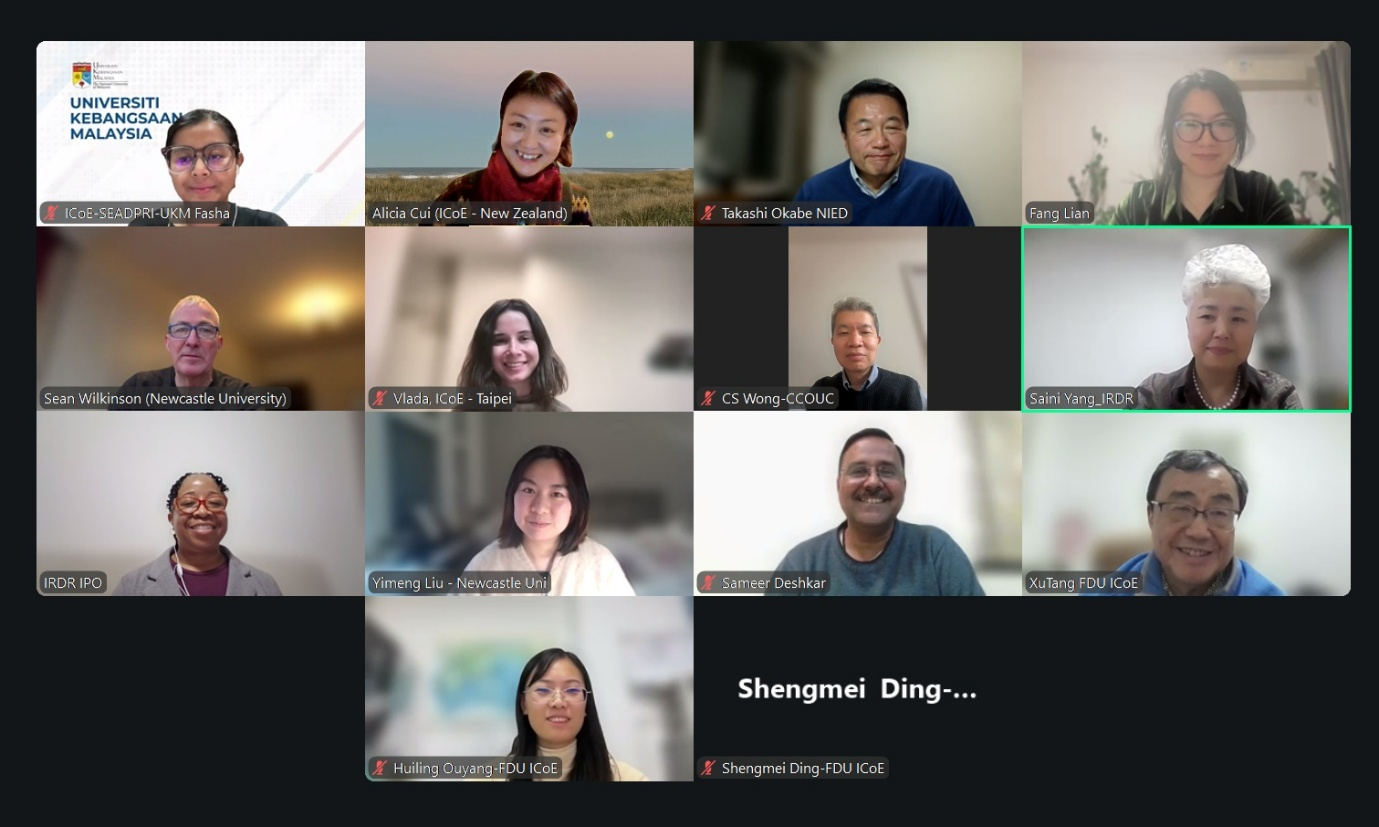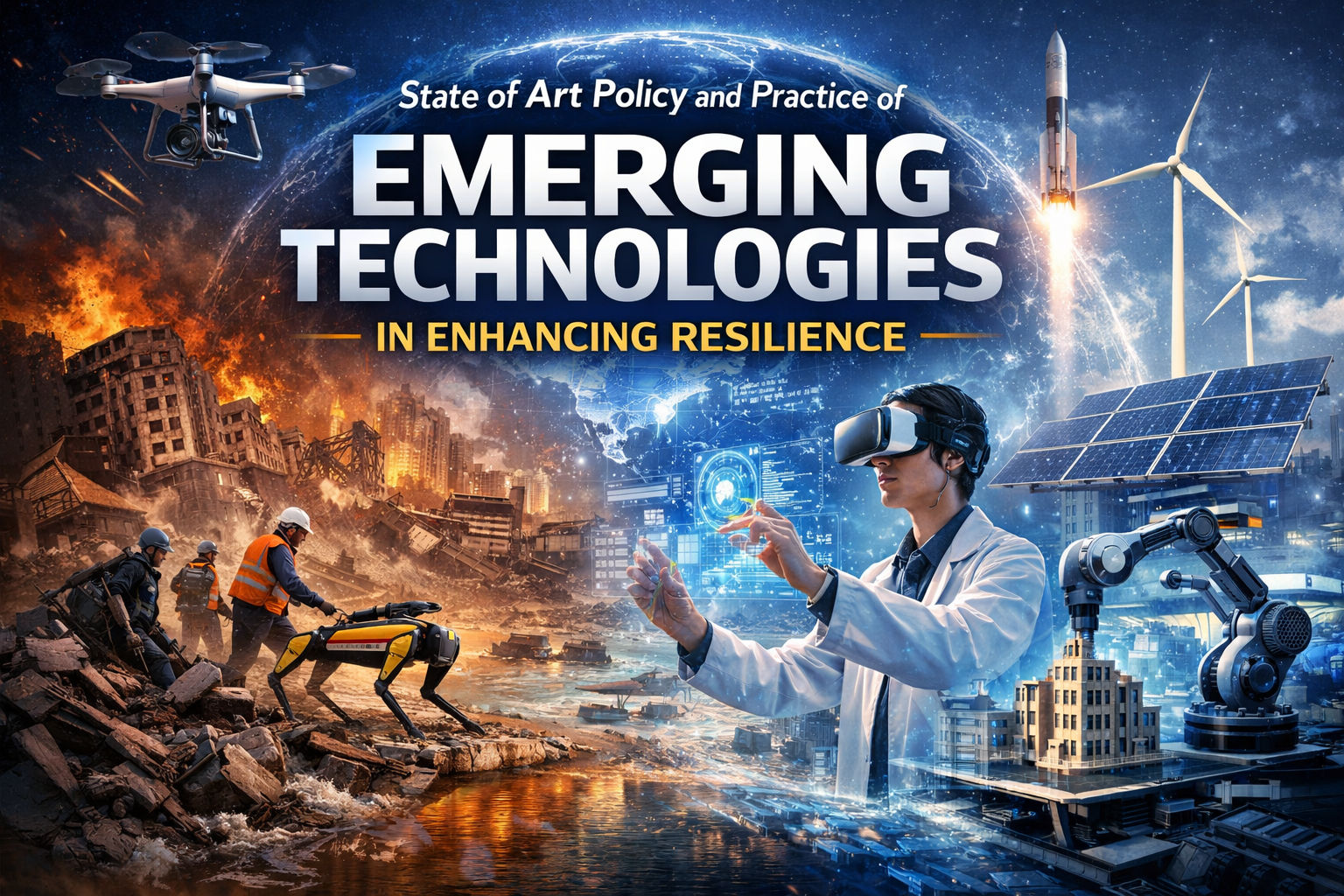Date: October 1st – October 5th, 2018
Venue: IRDR ICoE-Taipei
Call for Participation (2018 Training AS TEM)
East Asia is located at the western Pacific, where large and moderate size earthquakes frequently occurred and define the locations of active convergent plate boundary. Many large cities of East Asia, for example, Tokyo, Taipei, Manila, and Jakarta are located either on or near the active seismogenic zones, and exposed to high-to-severe seismic hazard and risk. It is extremely important for the people living in these countries and cities to understand the seismic hazard and risk they may confront.
The Taiwan Earthquake Model (TEM) has been collaborating with Japan (NIED) and New Zealand (GNS), and also worked with Global Earthquake Model (GEM) for more than five years on the assessment of earthquake hazard and risk. In this training course, the ICoE-Taipei will cooperate with the TEM research group to invite experts as well as young scientists from Asian countries to share and discuss their experiences regarding to earthquake hazard and risk assessment.
This training course will be held from October 1st to October 5th, 2018 at Taipei, Taiwan, and will focus on all aspects of earthquake hazard and risk assessment, including seismic hazard and risk modeling, active fault source model, geodetic deformation model, ground motion prediction and scenarios, hazard/ risk products, real case studies, and risk management. Both lecturers and scientists will share data/ studies, and experiences from earthquake hazard and risk management and relevant implementation. Exercises and group discussions will be planned to facilitate the communications among the participants.
This AI calls for participants at the level of Master and PhD students, post-doc, and young-career candidates from academia, practitioner, and policy communities from East and Southeast Asia. Participants are encouraged to bring specific issues or research ideas that will be further developed and nurtured based on systems thinking involving multiple disciplines and stakeholders. Participants will be required to bring a printed poster (A1 size, Portrait format) to share dataset, analyses, or problem they are working on.
All participants are required to work in groups conceptualizing an individual or collaborative project, to be presented in plenary session at the conclusion of the Training Course, which may later be submitted for competitive funding (seed grants) to support follow-up research activities. A “call-for-proposal” will be announced no later than 3-6 months after the Training Course. The trainees will be invited to submit research proposals followed by a competitive reviewing process.
For more information and how to apply, please read the “Call for Participation”. Interested individuals must complete online registration and submit “Application form and Curriculum Vitae with publication list” to International Council for Science Regional Office for Asia and the Pacific (ICSU ROAP) no later than 31 AUG, 2018.
Application Form





